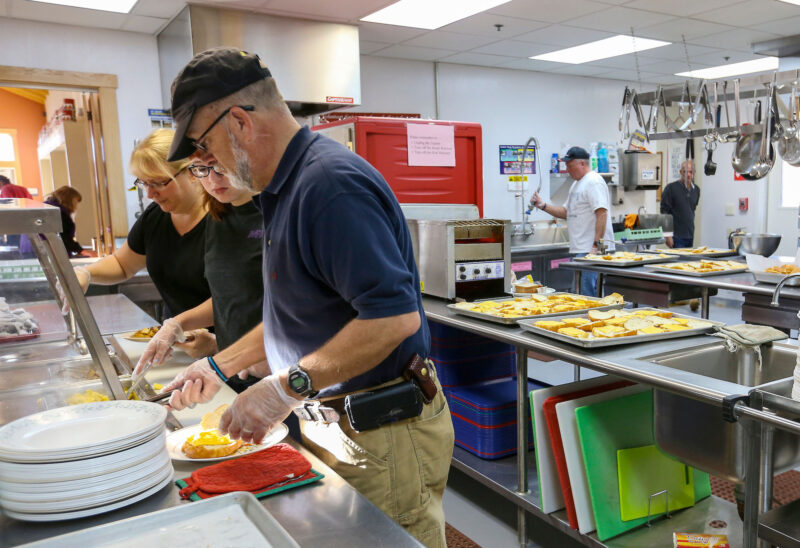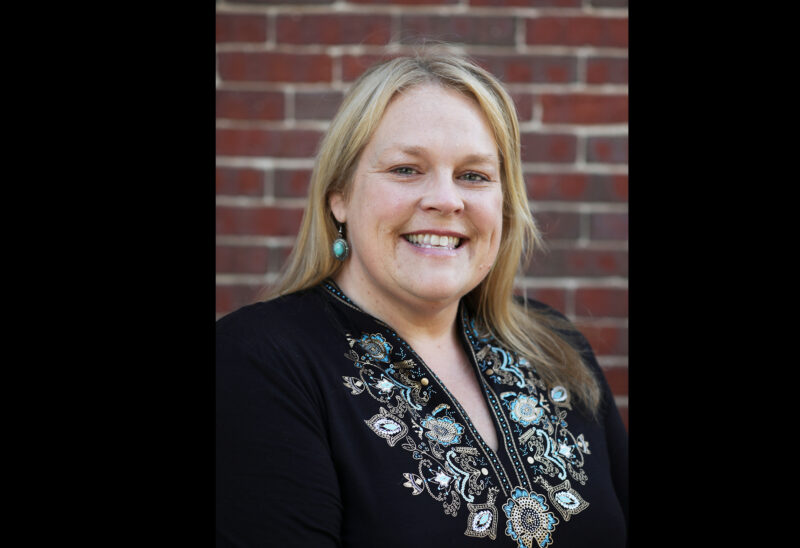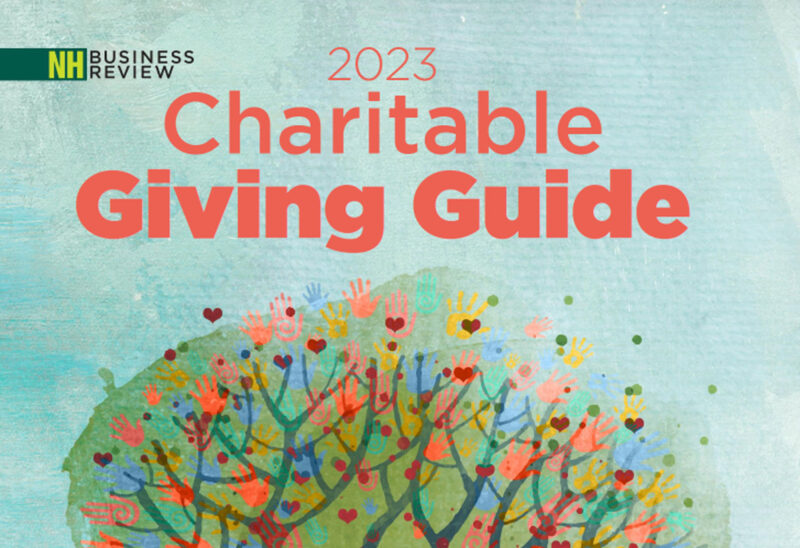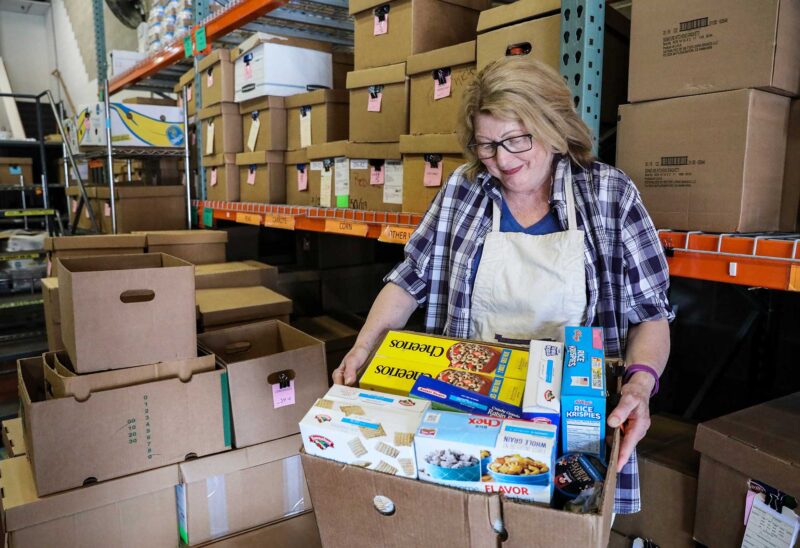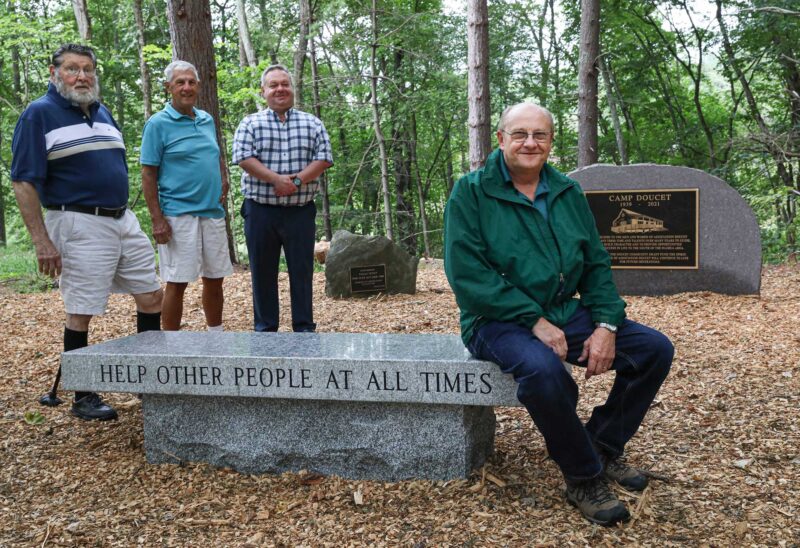A news story caught my eye the other day, about a woman who loved her small New Hampshire hometown so much that she left $821,500 to the town in her will. That was a lovely gesture, and one that would come as a welcome windfall to any small community. When the woman died last summer, the gift came as a surprise to the town.
But the woman did not specify what the money should be used for. And, sadly, her incredible generosity had the unintended effect of causing discord in the community about what should be done with her gift.
Sometimes, generous folks don’t realize that there are ways to avoid this kind of scenario. And sometimes, they feel like they are being helpful by not stipulating what the funds be used for. It is quite common for folks, with all best intentions, to default to “whatever-you-think-is-best” in making a bequest.
But, in our experience, it is always a good idea to say what you think is best when you leave a bequest – to create a memorandum of understanding or otherwise be quite specific about your wishes in estate planning documents. This plan can take shape with an estate planning attorney, with a trustee, an executor of an estate or a philanthropy advisor. The important part is to think about the legacy you want to leave, the people, communities or causes you want to help. And then spell it out clearly.
At the Charitable Foundation, we always counsel folks to explain their wishes and consider expert advice on how best to structure a gift. We walk through “what if” scenarios: If you are setting up a gift to support a specific organization, what do you want to have happen if the organization closes up shop, or changes its mission? How can we make sure the gift is set up in a way to best insure that your legacy is fully understood and carried out? After all that is considered, purpose language can be set down.
With planning, uncertainty is removed from the equation. Generous bequests can be put quickly to good use, and become lasting legacies.

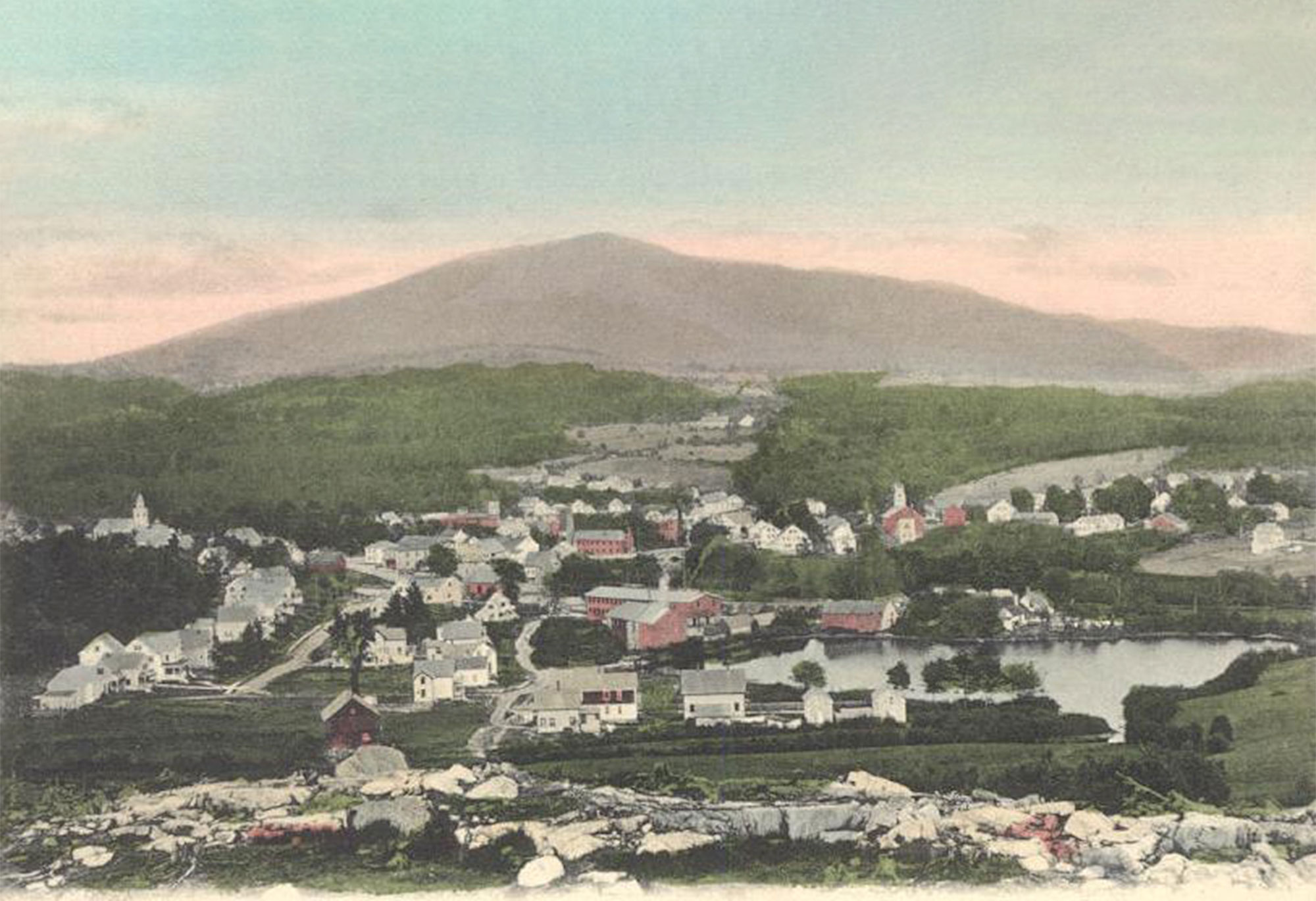






![Oluwakemi Olokunboyo of Dover received a McNabb scholarship to study nursing at Great Bay Community College [Photo by Cheryl Senter]](https://www.nhcf.org/wp-content/uploads/2024/05/Scholarship-Hero-800x548.jpg)
![Indrika Arnold, Senior Wealth Advisor, the Colony Group [Photo by Cheryl Senter]](https://www.nhcf.org/wp-content/uploads/2024/05/Indrika-Arnold-Hero-800x534.jpg)





